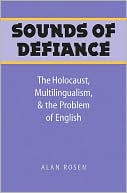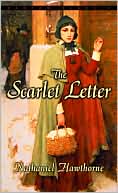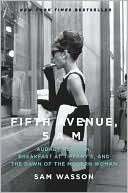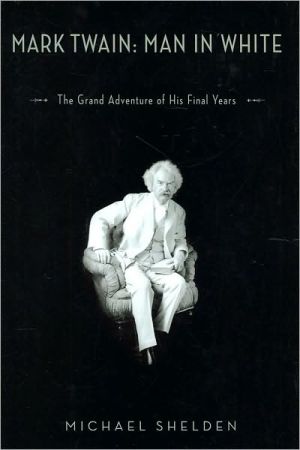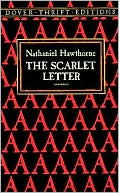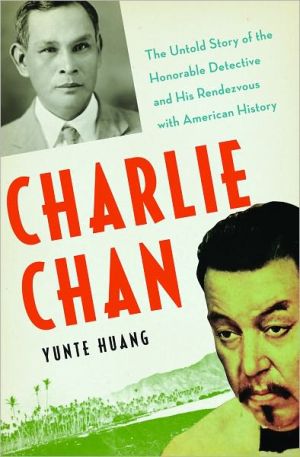Sounds of Defiance: The Holocaust, Multilingualism, and the Problem of English
Search in google:
Language has frequently been at the center of discussions about Holocaust writing. Yet English, a primary language of neither the persecutors nor the victims, has generally been viewed as marginal to the events of the Holocaust. Alan Rosen argues that this marginal status profoundly affects writing on the Holocaust in English and fundamentally shapes our understanding of the events. Sounds of Defiance chronicles the evolving status of English in writing about the Holocaust, from the period of the Second World War to the 1990s. Each chapter highlights a representative work from a different genre—psychology, sociology, memoir, tales, fiction, and film—and examines the special position of English with regard to the Holocaust, supported by references to the role of other languages, including Hebrew, Yiddish, and German. This original approach provides a new perspective on such standard works as Eichmann in Jerusalem, The Shawl, and Maus, while drawing attention to others largely unknown. Rosen also links this analysis of English writing to developments in the postwar period: the escalating production of writing on the Holocaust in English; the increasing prestige of English as a global language; and paradoxically, within the contexts of neocolonial and multilingual studies, the increasingly uncertain position of English.Shofar: An Interdisciplinary Journal of Jewish Studies"Alan Rosen . . . engages the ideas of such thinkers as Dorothy Bilik, Shoshana Felman, Sander Gilman, Alan Mintz, and Hana Wirth-Nesher. Like many of these critics, he approaches the subject of Holocaust history, fiction, and film with an appreciation of spoken and written Polish, Yiddish, Hebrew, and German as well as English languages and traditions."
Introduction : everything is all right, or the problem of English writing on the Holocaust11950 : English in the aftermath1Evidence of trauma : English as perplexity in David Boder's Topical autobiographies212An entirely different culture : English as translation in John Hersey's The wall343What does he speak? : English as mastery in Ruth Chatterton's Homeward borne501960 : law's languages, Eichmann, and after4Please speak English : babbling in Philip Roth's "Eli, the fanatic"655From law to outlaw : borrowed English in Edward Wallant's The pawnbroker786Law's languages : Hannah Arendt's mother and other tongues947Say "good boy" : legitimizing English in Sidney Lumet's The pawnbroker1128Cracking her teeth : broken English in Cynthia Ozick's fiction and essays1249The language of dollars : English as intruder in Yaffa Eliach's Hasidic tales of the Holocaust13910The language of survival : English as metaphor in Art Spiegelman's Maus15711Eaten away by silence : English as elegy in Anne Michaels's Fugitive pieces175Conclusion : in the thick of the fray, or English as the third tongue187
